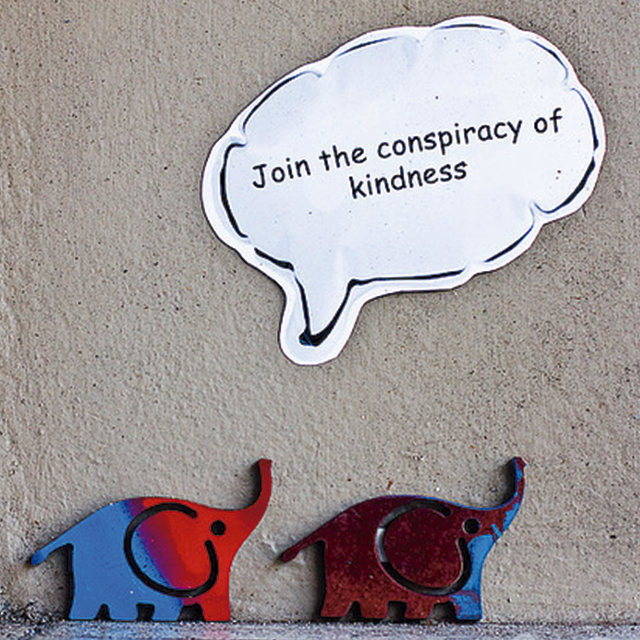Are you too nice? That may seem like a strange question because most of us would think that being nice is a wonderful way to be. But sometimes we are too nice. Don’t get me wrong, I am all for love, kindness and generosity. Yet I’ve noticed that although niceness is very P.C., it isn’t always authentic.
We are often too nice when we want someone’s approval or acceptance. Or we long for someone to like us and think we are a “good person.” Or when we are in the presence of someone who intimidates us or is in authority position. Or when we just want to avoid confrontation. I’ve seen myself do this in romantic relationships, friendships and even business negotiations. The result? Externally I upheld the image of being a nice person, yet internally I felt unfulfilled and like I settled for less that I deserved. I share more in today’s vlog.
We think that being nice will get the acceptance, approval, validation, or peace we crave, so we repress our honest feelings and expression.
Can you relate to playing nice when you actually feel dismissed, upset, not seen or misunderstood in some way? A lot of us do this because it’s scary to be vulnerable. We put our concern about the other person’s reaction or perception of us first. We put on a happy face and pretend nothing is wrong hoping that our niceness will provide the experience in a relationship we are seeking.
Playing nice may seem like a good idea at the time, but if it isn’t real, it creates resentment. Not only do we start to feel resentful toward someone else because we feel like a doormat, we start to feel resentful toward ourselves by not speaking our truth.
Inauthentic niceness can also create passive aggressive communication. At first glance what is said sounds pretty nice, but it was riding on energy of upset.
So how do we stop killing ourselves with [inauthentic] kindness?
The answer is not to be jerky or bitchy. It is simply to be honest and vulnerable. Sharing our true feelings and experience is the nicest thing we can do for ourselves, and ultimately for others as well. And we can be honest in a nice way by communicating using ownership language and not blaming anyone else. For instance, “When you xyz, the experience I have inside is xyz” or “When this happens, I feel…”
Loving kindness is not about being a passive pushover. Loving kindness is about being authentic. @ChristinHassler (Click to Tweet!)
Our authentic nature is Love. And Love accepts everything – all our thoughts and feelings are loved by Love. Love yourself enough to honor your experience by telling the truth. This is what will keep you from building up resentment towards others and yourself.
Resentment creates a block to the awareness of your true loving nature. Without resentment in your way, you are able to forgive others who you judge as not that nice. You will be able to love others in spite of their behavior. You will be inspired to act with loving kindness, which is the nicest thing to do.
Stop killing yourself and others with kindness. Choose authenticity, vulnerability and love instead.
Love,
Christine
Christine Hassler has broken down the complex and overwhelming experience of recovering from disappointment into a step-by-step treatment plan in her new book Expectation Hangover. This book reveals the formula for how to process disappointment on the emotional, mental, physical, and spiritual levels to immediately ease suffering. Instead of wallowing in regret, self-recrimination, or anger, we can see these experiences as catalysts for profound transformation and doorways that open to possibility. You can find more info on her website, and follow her on Twitter and FB.
I have two summer events coming up. A one-day soul sweat retreat with my friend Ashley Turner on June 7th and my annual weekend summer retreat in July. Be NICE to yourself come to detox your mind, body and soul.
Image courtesy of Wade M.












